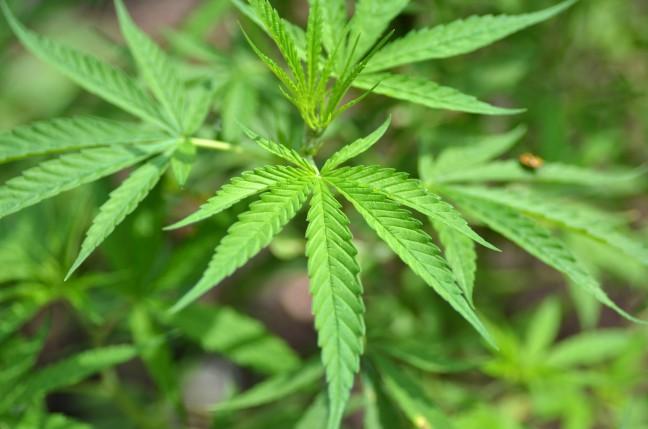A state Senate bill which would legalize the growth and production of industrial hemp in the state of Wisconsin recently passed through a Senate committee with a unanimous vote.
One of the bill’s authors Rep. Jesse Kremer, R-Kewaskum, said industrial hemp can be used for a variety of products and could be a lucrative industry for Wisconsin.
Hemp can be used for fire protective gear, concrete, medicine and the grain of hemp has a high nutritional value, Kremer said. The processing and growth of industrial hemp could add jobs in rural areas and bring new industry to Wisconsin.
“These are new high tech jobs, and we can be creating a new industry in Wisconsin in our rural areas — I think it’s huge,” Kremer said.
Some groups in Wisconsin are prepared to begin the growth of industrial hemp as soon as next growing season.
Kremer is hoping the bill will pass in time for these groups to begin growing on schedule.
“I think we can get it done this session, but whether or not we can get it done before the next growing season, or in time to use it for the next growing season, is up in the air,” Kremer said.
The St. Croix Chippewa Indians of Wisconsin is one of the groups that plans to start growing hemp. The tribe hopes to turn land previously used as a fish hatchery into a processing facility to produce Cannabidiol Oil, or CBD oil, from industrial hemp.
General Counsel for the St. Croix Chippewa Indians of Wisconsin Jeff Cormell said the tribe is prepared for the process to begin and hopes to partner with farmers across Wisconsin.
“The tribe would be looking to partner with any and every farmer in the state that wants to grow as much hemp as they possibly can to process into CBD and sent it up to us for processing,” Cormell said.
The St. Croix tribe hopes that allowing this industry to grow in Wisconsin will improve the economy of not only their tribe but for Burnett County as a whole, Cormell said.
The tribe hopes to partner with local businesses for services, such as advertising and packaging, which they hope will grow their local economy, Cormell said.
“We’re trying to use the community to develop their own businesses to help support our business,” Cormell said. “So as a launching pad for Burnett County as a whole and not just for the tribe, to take this industry and really improve the economic development for the entire county.”
Cormell also sees many benefits to producing CBD oil for medicinal purposes. The oil is an effective anti-inflammatory, is useful for post-traumatic stress disorders and other brain trauma and has had an effect with certain forms of epilepsy.
Kremer and Cormell both agree CBD could be an effective replacement for many opiates and painkillers as the medicinal benefits of CBD are greater than those of the THC found in marijuana.
“If you look at the CBD oil in industrial hemp, you can’t get high from it, and it actually covers more maladies than CBD from a marijuana plant,” Kremer said. “The drug companies don’t want it because they’re the ones manufacturing it, but it is another option that’s out there.”
Both parties said this bill is not related to the legalization of medical marijuana and observe clear distinctions between the two crops.
“We don’t oppose medical marijuana, but that’s not what we’re supporting,” Cormell said. “When it comes to the medical aspects of what THC does, CBD is really that medicine.”
Kremer said he would never support a bill which would legalize medical marijuana in Wisconsin and hopes legalizing industrial hemp will reduce pressures to legalize.
In states where marijuana is legalized, Kremer said there are restrictions regarding how close fields containing hemp and fields containing marijuana may be due to the two plants tendencies to cross pollinate and contaminate both crops.
“If you want to keep recreational marijuana out of your state, bring industrial hemp in,” Kremer said. “This is a whole separate plant, a totally separate crop.”
If the bill passes, Wisconsin would be in a position to become an industrial leader in the hemp industry, Kremer said.
“There’s all sorts of stuff that, if we’re allowed to do this, I think we could … be a center of production for some of these products in Wisconsin and be the place that everyone sends their industrial hemp to get processed,” Kremer said.


